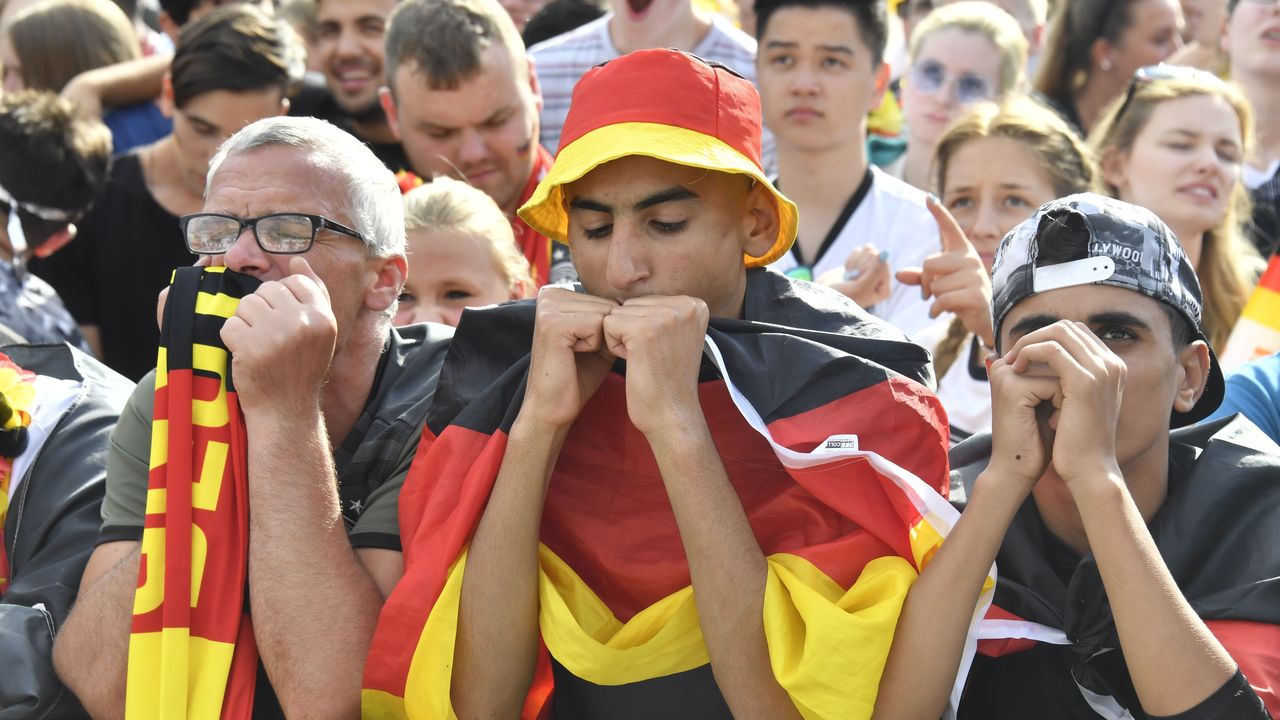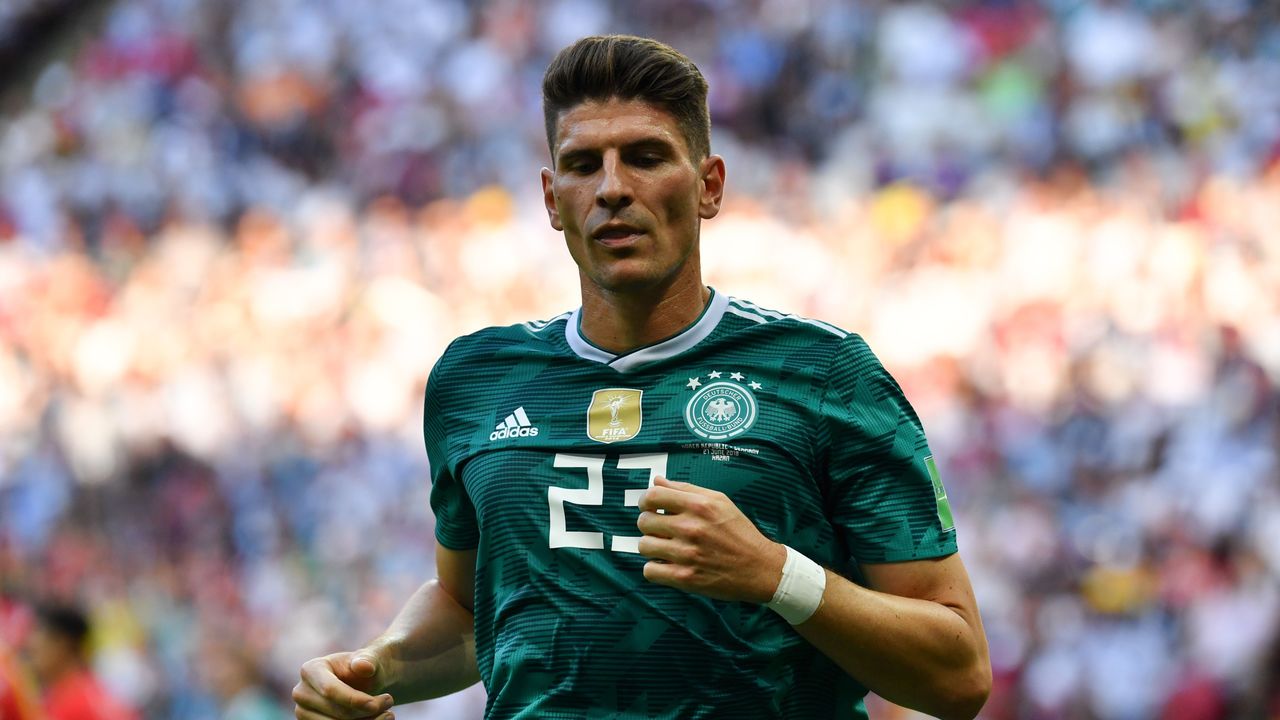Germany doesn't need another reboot despite appalling World Cup showing
Everything changed when Germany was eliminated in the group stage of the 2000 European Championship. It sparked a revolution at the grassroots level, where youth and coaching became the focus. The country's football association (DFB) built hundreds of national training centres, trained thousands of coaches, and dedicated around €1 billion to youth development.
Germany's collapse at the 2018 World Cup has a different feeling. Die Mannschaft entered the tournament as the defending champion and among the favourites to win again. Unlike Euro 2000, there was no shortage of talent on the pitch or the bench. What cost Germany this time around was naive tactics, not any national shortcomings. The players and coach simply picked the wrong time to underperform.

Because the system in place is already robust. The top two divisions in Germany are already brimming with quality players, and youngsters continue to get regular minutes in the Bundesliga. The ethos of German football - with a greater emphasis on intricate play than rugged football - has changed for the good. It's no longer enough to be efficient and tough, and that's a good thing.
It's proven by the evolution of towering defenders Mats Hummels and Niklas Sule - their participation in Wednesday's 2-0 defeat to South Korea notwithstanding. Tall and stocky, they would have become centre-forwards by default in an earlier era, but now possess the qualities to thrive in as technical a role as the centre-back position. That's directly tied to the state of coaching in Germany. With more registered trainers than every country but Spain, it's no wonder the national team is considered a perennial contender.
Related: How Germany's XI may look at Euro 2020
And unlike 18 years ago, the youth teams constantly compete for trophies, winning both the 2014 Under-19 Championship and 2017 European Under-21 Championship. More importantly, there's a direct route to the Bundesliga. Nearly 50 percent of players in the top flight last season were of native origin, ensuring there are enough minutes for the country's up-and-coming talent. The only legitimate concern right now is Bayern Munich's uninterrupted hegemony - which some believe is destroying the competition.
But make no mistake: Germany's failure in Russia is more to do with Low's misguided loyalty to clearly inadequate players and the lack of a concerted plan.
Germany's ill-fated World Cup began with a 1-0 defeat to Mexico that was so avoidable. Low failed to account for Mexico's pace on the counter, leaving his midfield exposed with an aging Sami Khedira and an overburdened Toni Kroos. Things improved against Sweden, but there was never really a clear approach. Low often resorted to Mario Gomez as his Plan B, to hoof the ball into the area and hope for the best. It betrayed all the work Germany did to resurrect its football conscience.

It seemed like Germany believed that somehow everything would be OK. But it wasn't. A potential solution like Julian Brandt - who hit the post twice in brief cameo appearances - was ignored.
Against South Korea, with the clocking ticking down, Low's players sent cross after cross into the box. Some big chances were wasted, particularly a late attempt on goal from Hummels.
For a team with so many adept and accomplished internationals, it was odd to see such a disorienting and desperate style of play.
"You can always go out early with a bad team," former midfielder Michael Ballack wrote on Twitter. "But not with a team like this one."
Low admitted afterward that Wednesday's exit will "create some uproar" back home, and so it should. The problem is just less about Germany's identity as it is about the failures of this current crop of players.
Much like Spain in 2014, it's time to promote the next generation. Leroy Sane must play a leading role in the qualifiers and friendlies to come. Ditto for Benjamin Henrichs and Leon Goretzka. Thank Khedira, Gomez, and Thomas Muller for their service, and move on. Low himself is out of ideas after 12 years on the bench.
It's time for a refresh, not another reboot.
(Photos courtesy: Getty Images)
HEADLINES
- Fan group demands FIFA halt sales of 'extortionate' World Cup tickets
- Dortmund rocked after Schlotterbeck's tirade against teammates
- Newcastle denied win by Grimaldo's late Leverkusen leveler
- RB Leipzig appoint 1st female CEO in German football
- Barcelona fight back to beat Frankfurt thanks to Kounde's brace